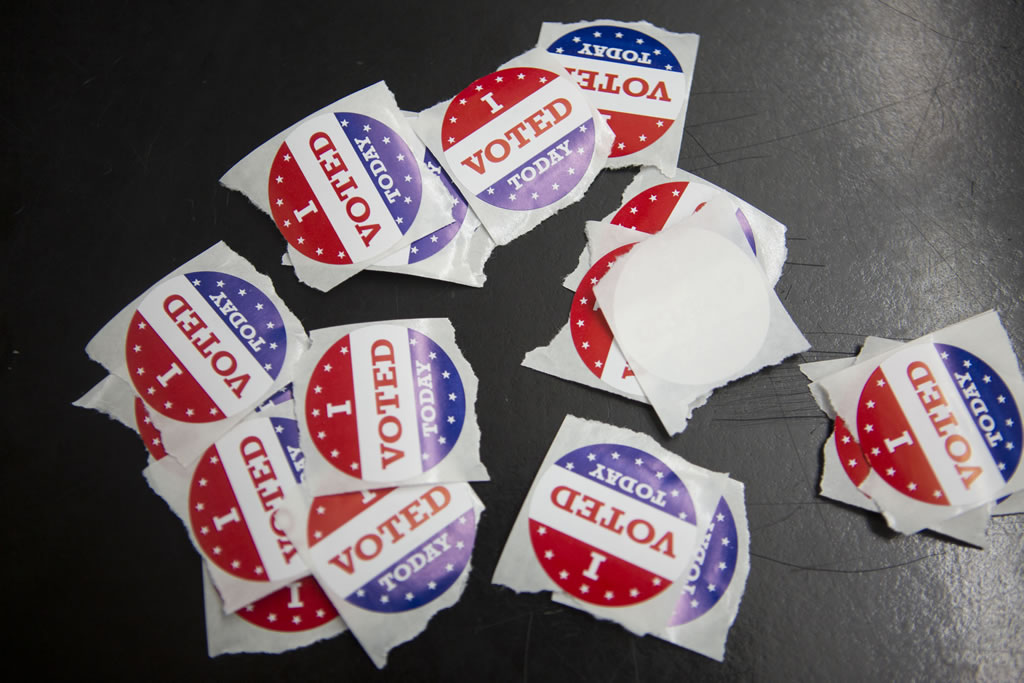The guv’s office is looking at options to reschedule the planned special election in the 7th CD.
A conflict between state and federal law rules out holding it on the current dates or scheduling it concurrently with the regularly scheduled spring elections.
Evers last week called the special election for Jan. 27, a Monday. Under state law, that requires a primary, if needed, to be 28 days earlier, and it would be Dec. 30 under Evers’ call.
But the U.S. Uniformed and Overseas Citizens Absentee Voting Act Overview requires absentee ballots to be sent to voters at least 45 days before federal elections.
>> WisPolitics is now on the State Affairs network. Get custom keyword notifications, bill tracking and all WisPolitics content. Get the app or access via desktop.
There are 49 days between the February primary and April general election. But that would not be enough time to certify the results of the February primary, create ballots and send them overseas by the 45-day deadline, according to the guv’s office.
A spokeswoman for Evers said the guv’s office was looking at the possibility of aligning either the 7th CD primary or general election with one of the spring elections already scheduled to minimize the impact on local officials. The guv’s office is working with the state and U.S. Justice departments on finalizing a date as soon as possible.
The scramble to find a new date comes after Republicans complained last week that Evers selected the rare — if not unprecedented — Monday dates for the special election to avoid having the general election on the April 7 ballot.
The state’s presidential primaries will also be that day, along with the state Supreme Court race as conservative Justice Daniel Kelly seeks a full 10-year term. Progressives are hoping the presidential primary helps drive turnout among Dems, which would improve their chances of beating Kelly. President Trump won the 7th CD by more than 20 points in 2016 and having the special election on the April ballot could turnout more Republicans than would’ve voted that day otherwise.
Under state law, Evers had a narrow window in January to call the special election without triggering a statute that requires special elections after Feb. 1 to coincide with the regularly scheduled elections.
Assembly Speaker Robin Vos, R-Rochester, last week urged Evers to reschedule the election, because the planned Dec. 30 primary falls on the last day of Hanukkah. And state GOP Executive Director Mark Jefferson knocked the guv for the scramble to find a new date.
“Gov. Evers set an election date in order to disenfranchise rural voters, military voters and those who celebrate Hanukkah,” Jefferson said. “He thought he could ignore federal law, but he got caught and now has to change the election date.”
The guv’s office said it was following guidance from the state Elections Commission on requirements under Wisconsin law as it picked the original date for the special election.
So far, Republicans Jason Church, an aide to U.S. Sen. Ron Johnson, Tom Tiffany, a state senator from Hazelhurst, and Michael Opela, who describes himself on his Facebook page as a business owner and entrepreneur, have indicated plans to run. No Dems have formally entered the race.
Under Evers’ original executive order, nomination papers in the race could begin circulating Sept. 23.

